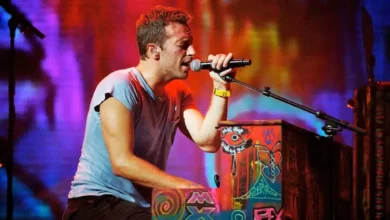Sean ‘Diddy’ Combs faces new federal trafficking charges ahead of May trial

Just weeks before his planned criminal trial in New York, Sean “Diddy” Combs, the troubled music entrepreneur and founder of Bad Boy Records, was slammed with two more federal accusations.
Between 2021 and 2024, Combs allegedly participated in prostitution and sex trafficking with a second victim, according to federal authorities.
There are now five federal accusations against Combs after the latest ones were brought in Manhattan on Friday. According to the amended indictment, the 55-year-old used force, deception, and intimidation to coerce women into engaging in commercial sex acts. Prosecutors claim this was part of a pattern of abuse that lasted for years and was covered up by his authority and famous position.
In response, Combs’ legal team claimed, “These are not new allegations or new accusers,” in a comment to CBS News, rejecting the charges as government interference in his personal affairs and describing the relationships as consensual.

Since Combs was first indicted in September 2024, the case against him has gradually grown. According to the prosecution, Combs was involved in a broad racketeering scheme that began in 2004 and included the abduction, drugging, and trafficking of women. They talk about purported Combs-planned, drug-fueled sex parties known as “Freak Offs,” which were captured on camera.
Cassie Ventura, a musician and former lover, is one of the four anticipated victims who will speak, as reported by Deadline; Ventura intends to do so under her own name. Because of safety concerns, the others have asked to remain anonymous. After many unsuccessful efforts at bail, Combs is still being held in Brooklyn’s Metropolitan Detention Center. On May 12, his trial is scheduled to start.
Combs, who was once a trailblazer in the hip-hop scene, might potentially spend the rest of his life behind bars if found guilty. His defense team is still contesting the prosecution’s allegations and schedule, claiming that the accusations are based on “non-conforming” sexual behavior rather than illegal activity. However, prosecutors argue that the evidence shows a deliberate pattern of abuse and exploitation.










